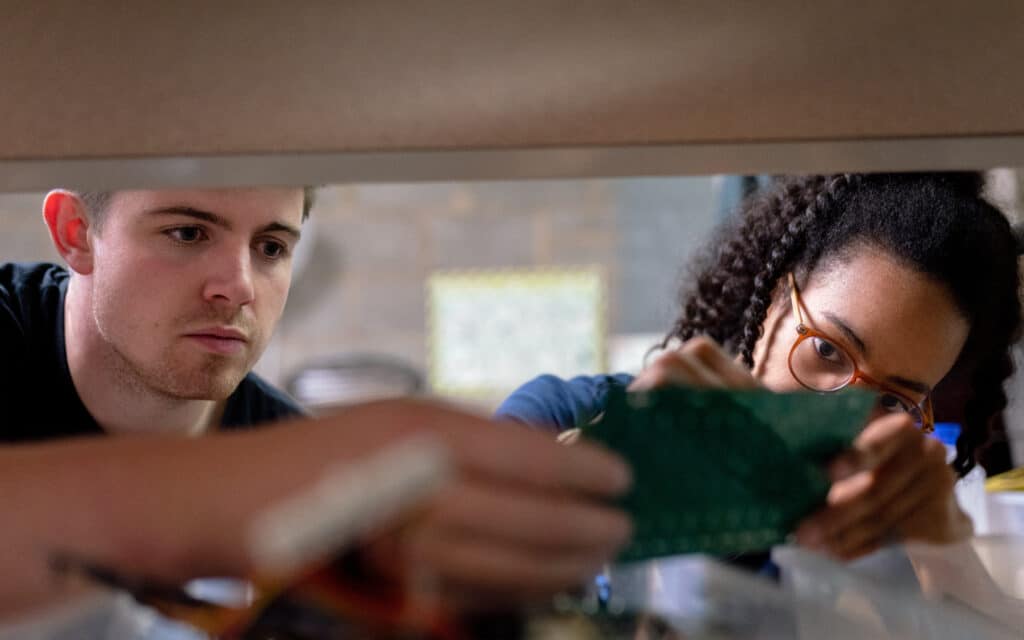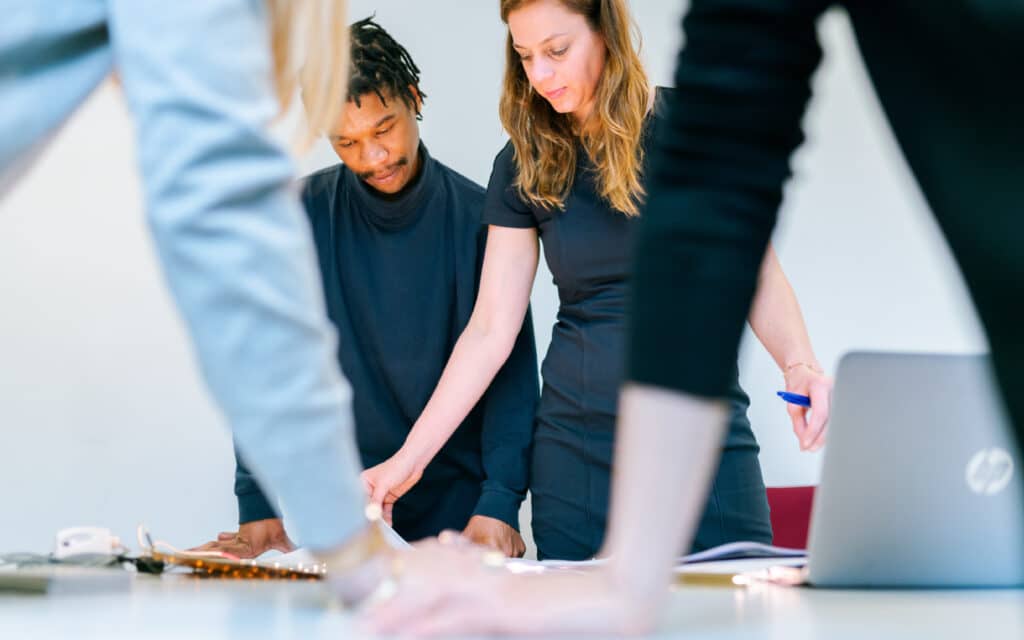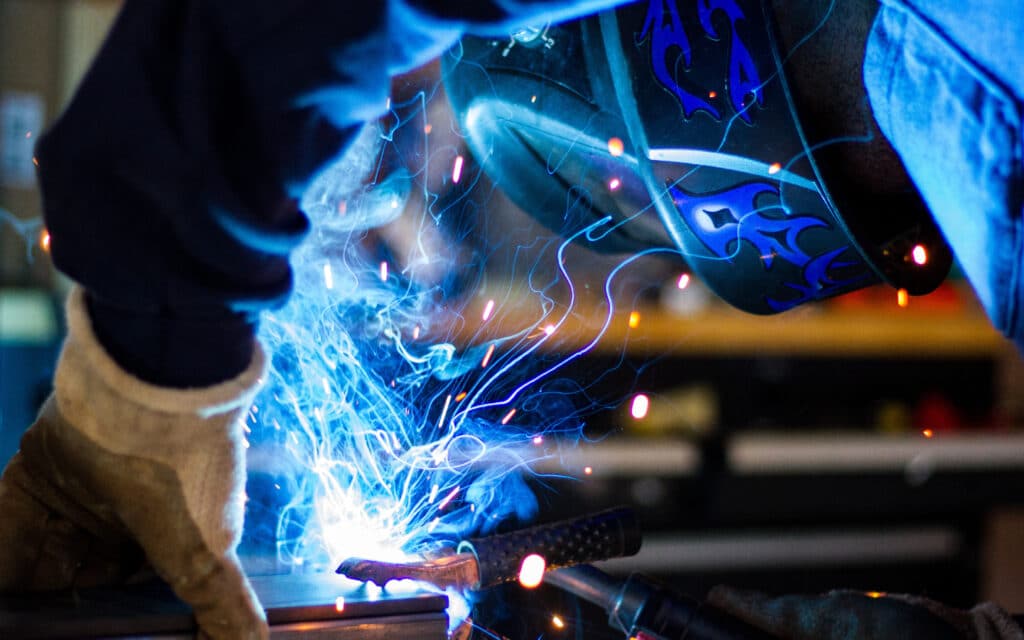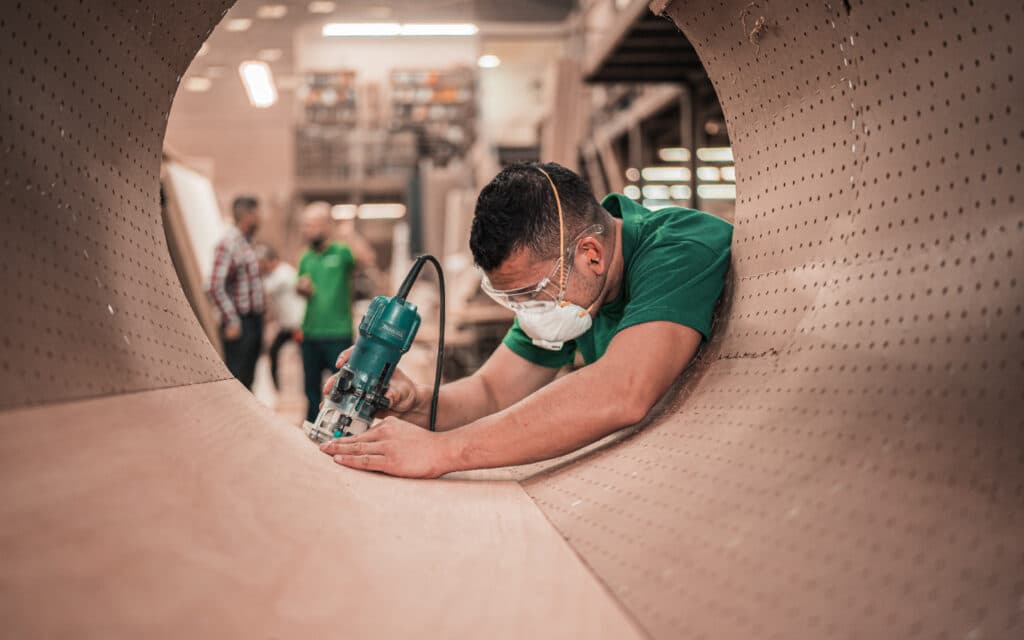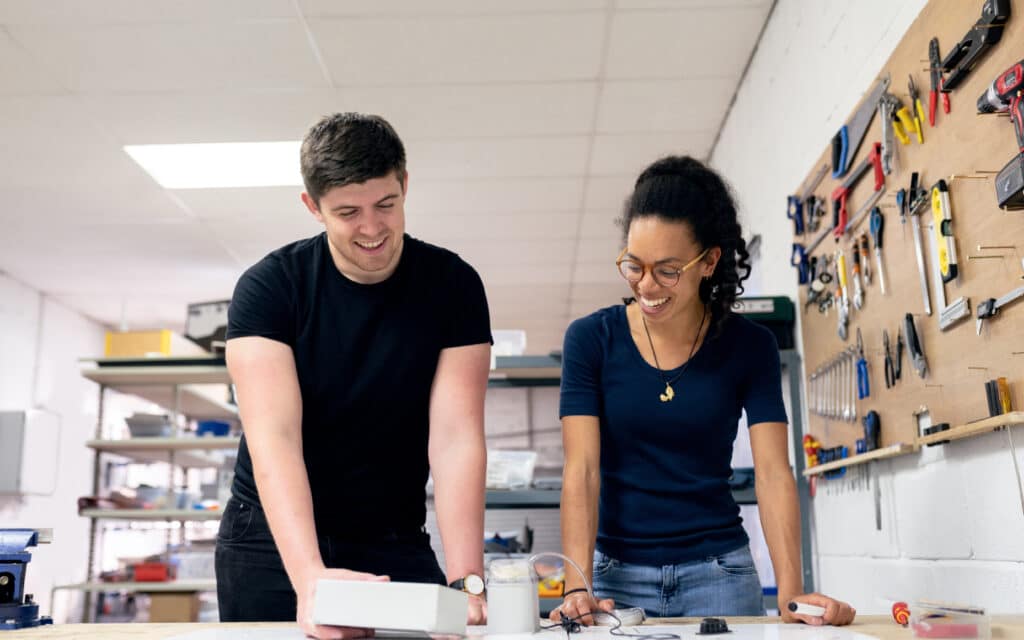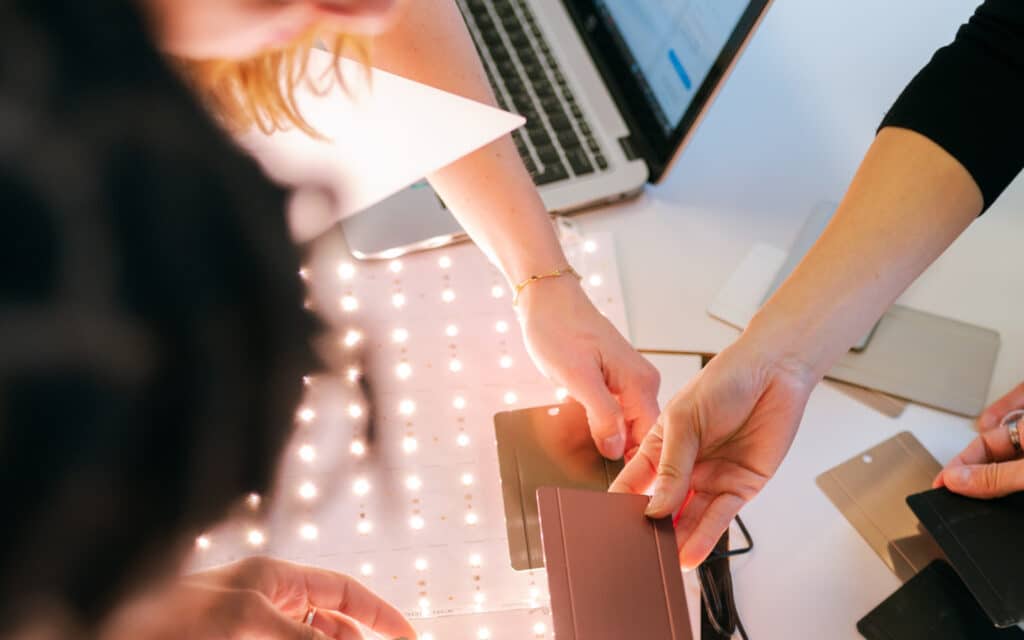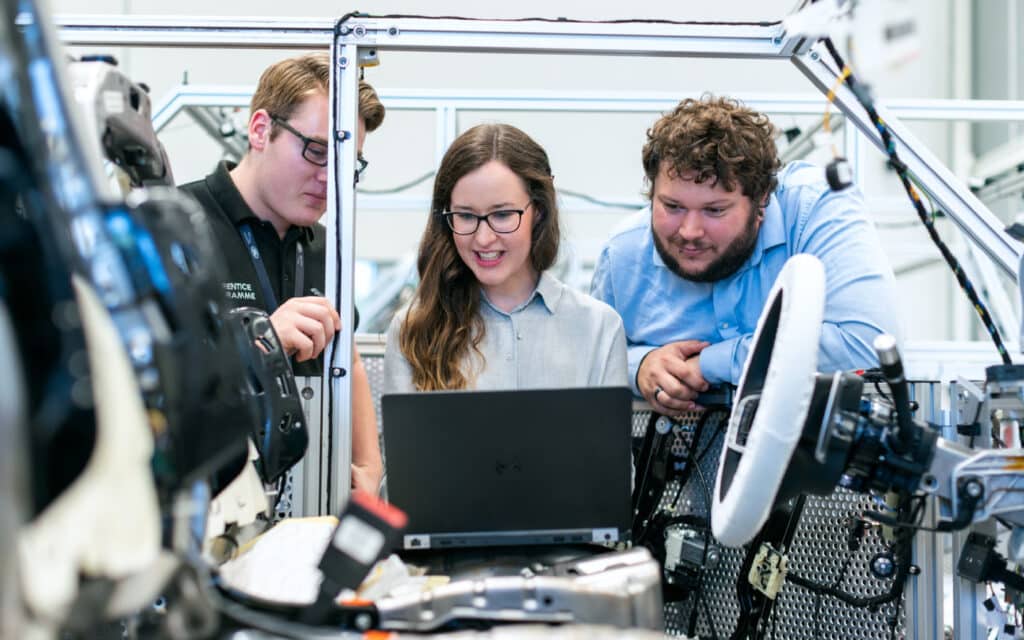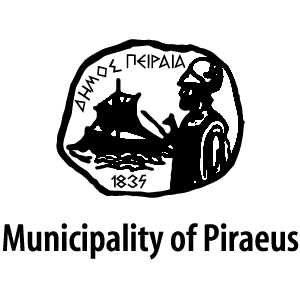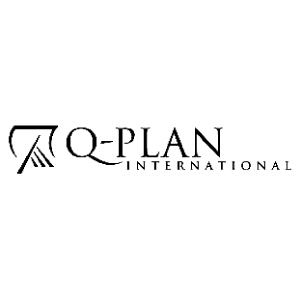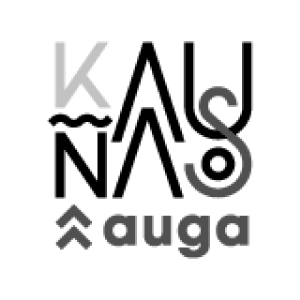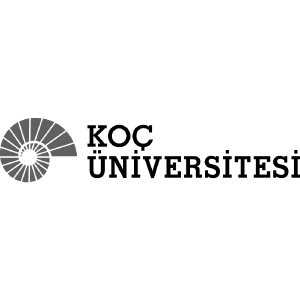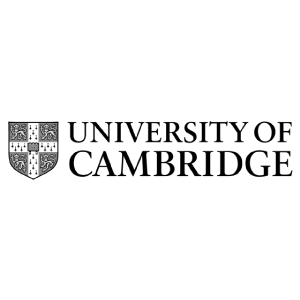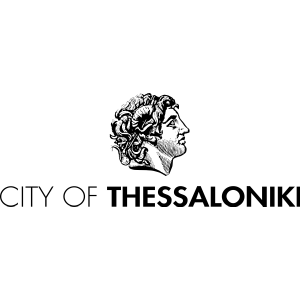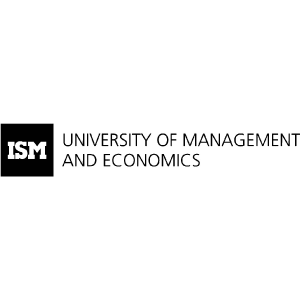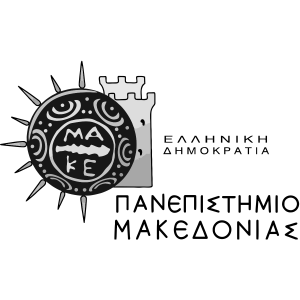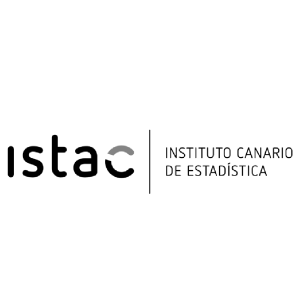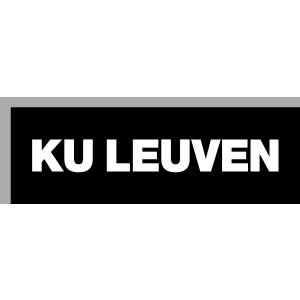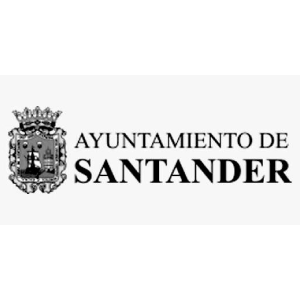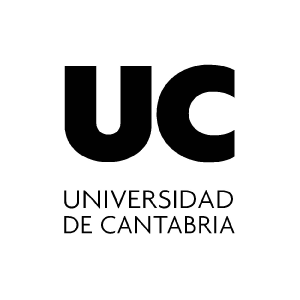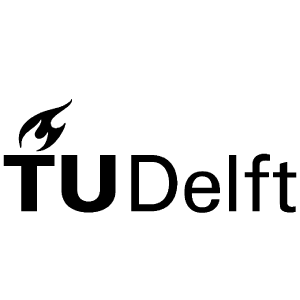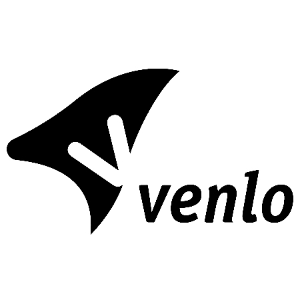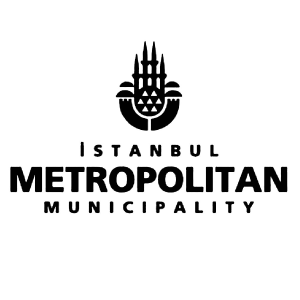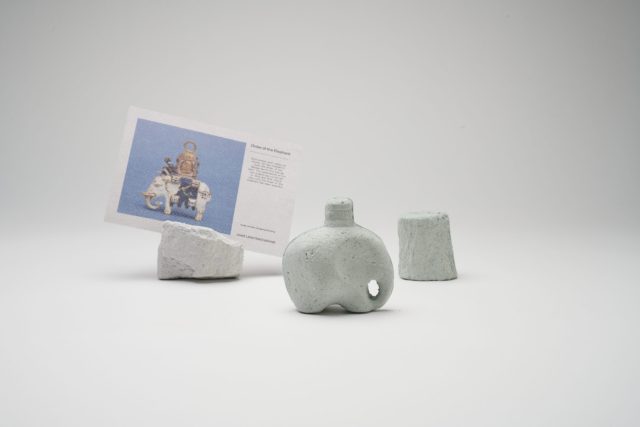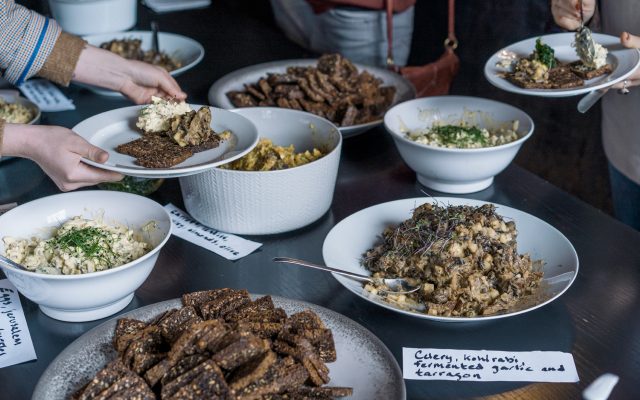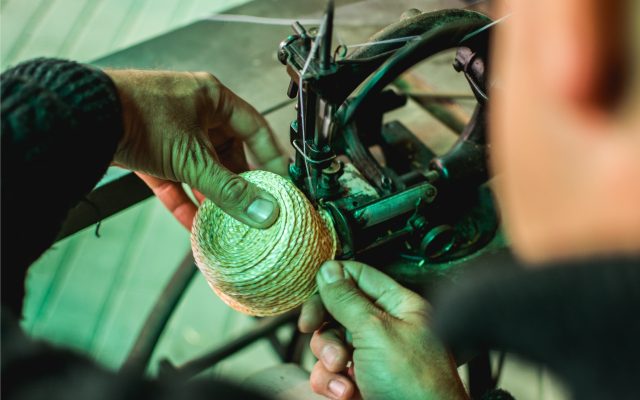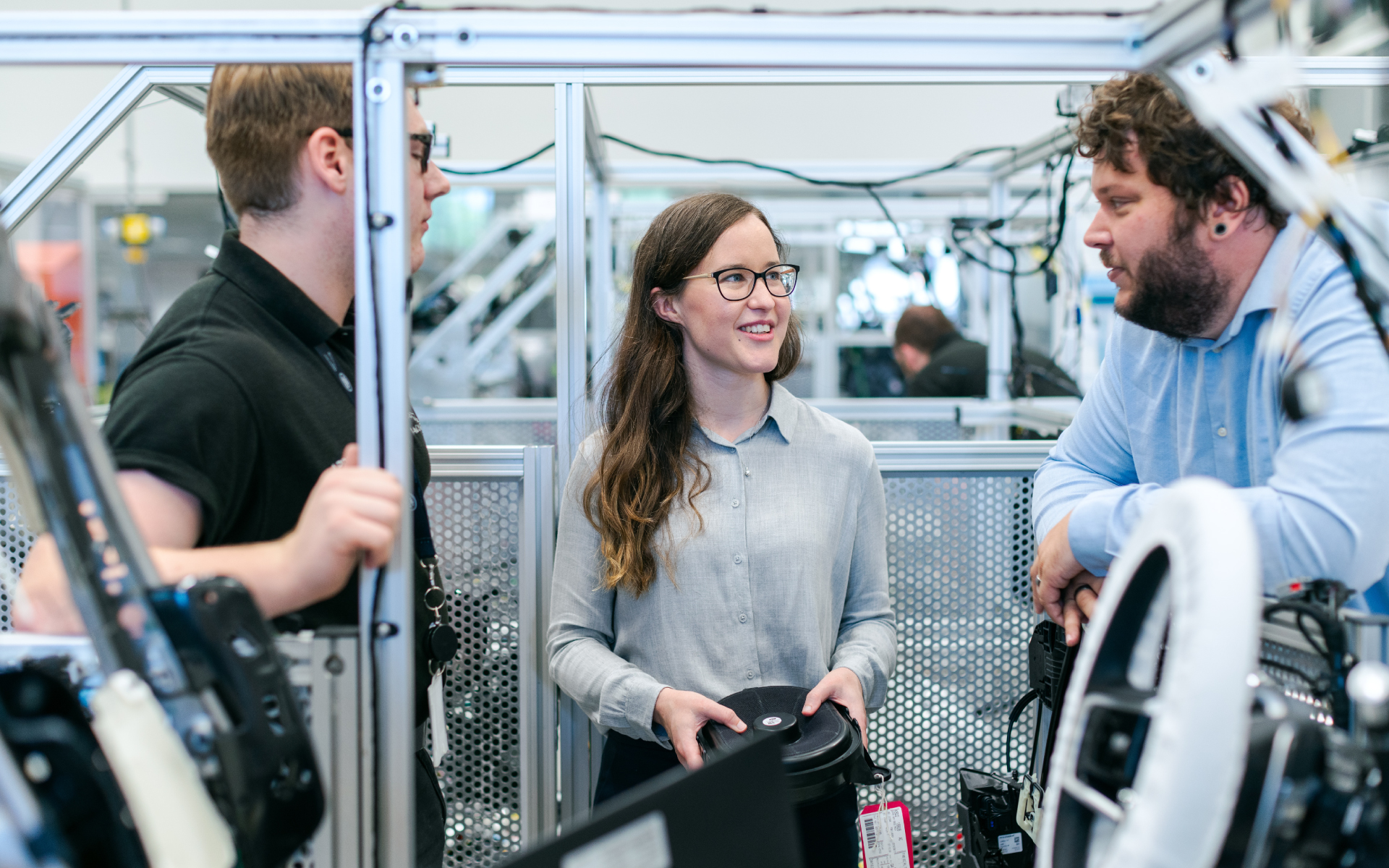
Pop-Machina
Supporting and strengthening connections between the maker movement and the circular economy.
The Challenge
How can the maker movement encourage circular economy practices for environmental sustainability and socio-economic benefit?
Our Solution
Pop-Machina Circular Academy. A training programme building capacity for the supply chain of making. Demonstrating the potential of the maker movement for sustaining circular economies.
Type of Project
Innovation Action for Societal Challenges in climate action, environment, resource efficiency and raw materials funded by European Union’s Horizon 2020 programme under Grant Agreement 821479.
Applied Technologies
Digital fabrication. STEAM Education. Learning-by-doing. Distributed learning
The maker movement has distinct benefits when looking at ways to implement circular economy practices in cities. The DIY and maker movement has materialised into physical spaces and workshops, assisted by the increase in availability and decrease in the price of domestic-scale machinery such as 3D printers and laser cutters. These spaces promote the reuse and repair of products as well as localisation of supply chains; in comparison to linear consumption patterns in which products are produced ‘cheaply’ and simply thrown away. Pop-Machina is working on strengthening the link between the maker movement and the circular economy by focusing on makerspaces and fab labs as sites to instigate meaningful collaborative production.
The project
Pop-Machina is deployed in seven pilot cities: Santander (ES), Istanbul (TR), Venlo (NL), Thessaloniki (GR), Leuven (BE), Kaunas (LT) and Piraeus (GR) with each city selected for their diverse characteristics. The pilots aim to demonstrate the potential of circular innovation and support the implementation of the EU Circular Economy Action Plan at a local level. The approach identifies underused urban areas and buildings, waste materials, underrepresented social groups, skill development as well as collaborative tools and technologies to engage, promote and support long-term circular practices as part of the city’s social fabric. The project aims to establish and support self-governing maker communities in each pilot city through the implementation of co-creation workshops, ideation sessions and the setup of Circular Makerspaces.
Pop-Machina Circular Academy by Fab Lab Barcelona
Fab Lab Barcelona is leading, designing and implementing the Pop-Machina Circular Academy; an innovative training programme that provides the pilot communities with the skills and guidance they need to successfully scope, plan, establish and manage their Circular Makerspaces as core to local urban and social development activities. The programme will be delivered for +500 people, engaging diverse organisations and communities across the seven different pilot cities within the next four years. It is designed around a local capacity building approach to ‘train the trainer’, a method that sees individuals become ‘community champions’ of making meaningful local change.
Who is it for?
Pop-Machina engages diverse circular economy stakeholders in each city. The Pop-Machina Circular Academy is designed with makerspaces and makers in mind.
Makers
Makers who are interested in the movement to shift linear into circular societies. Makers who wish and to utilise their skills and knowledge to promote and teach sustainability for resilient cities.
